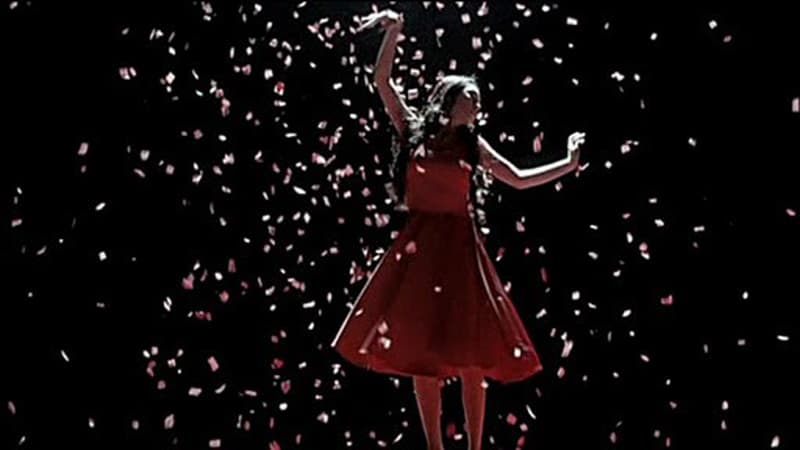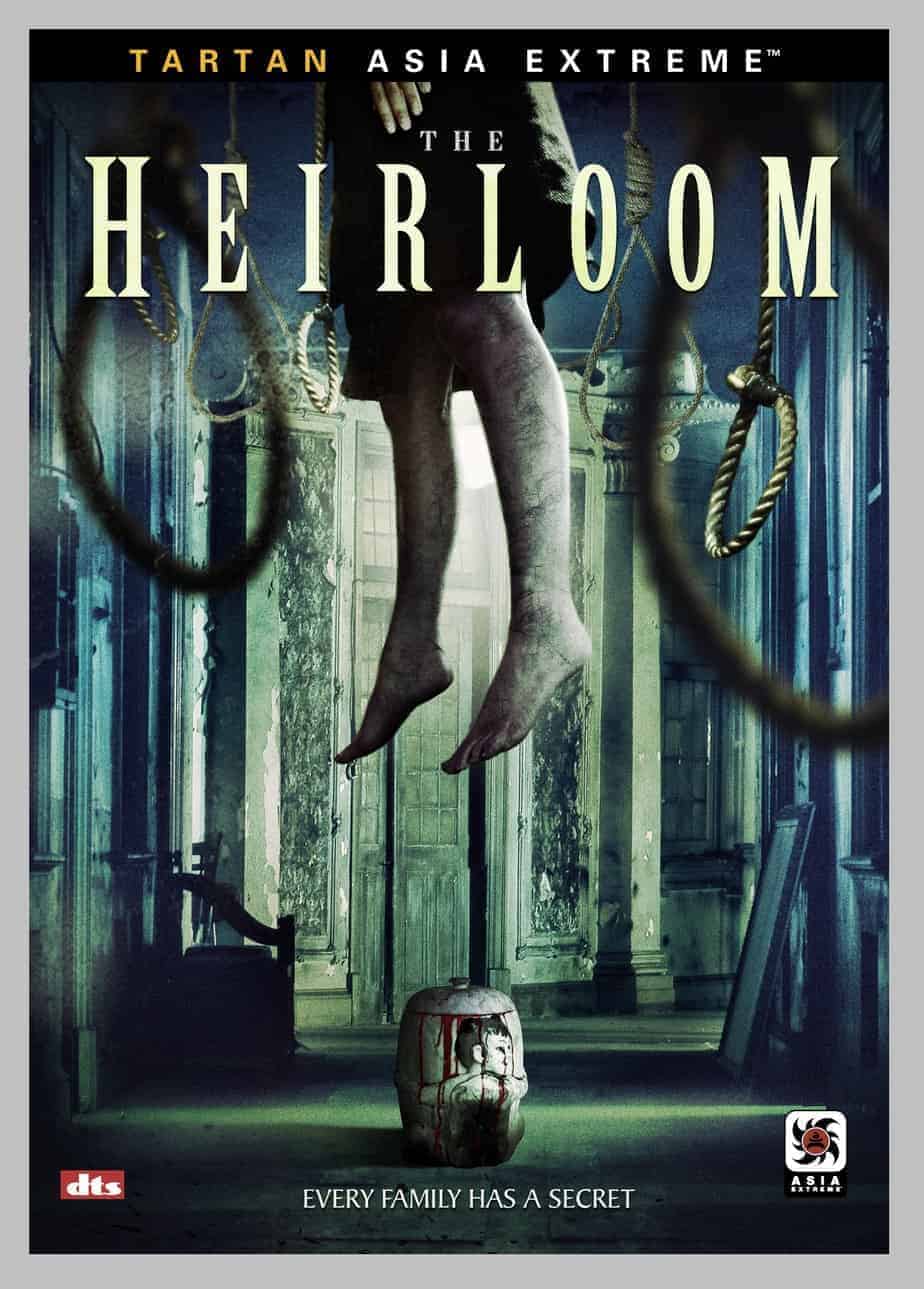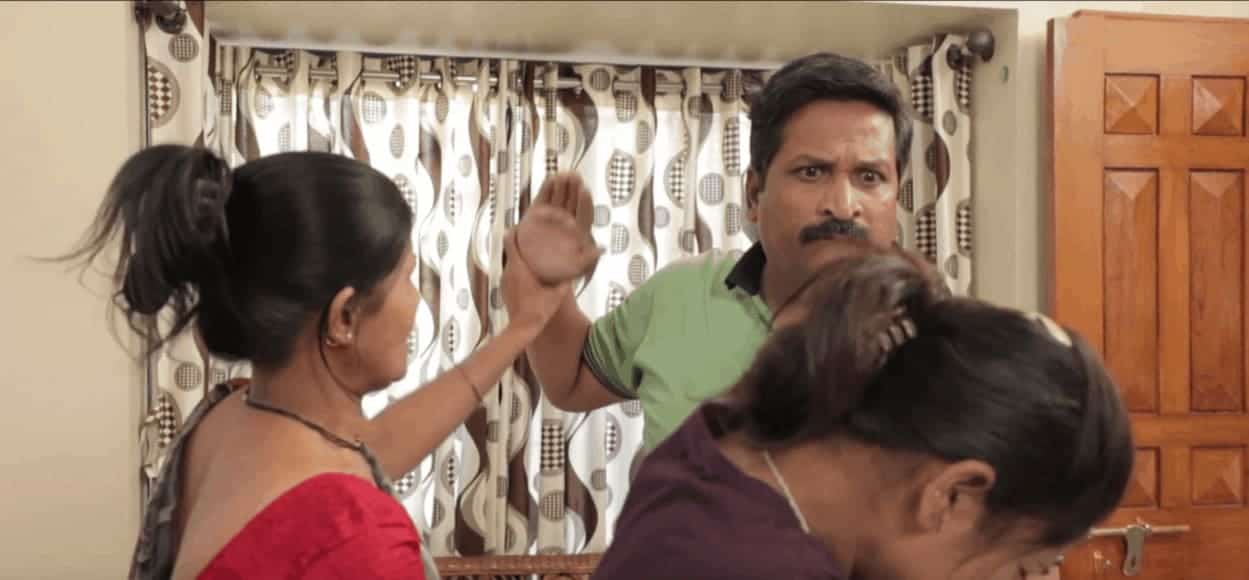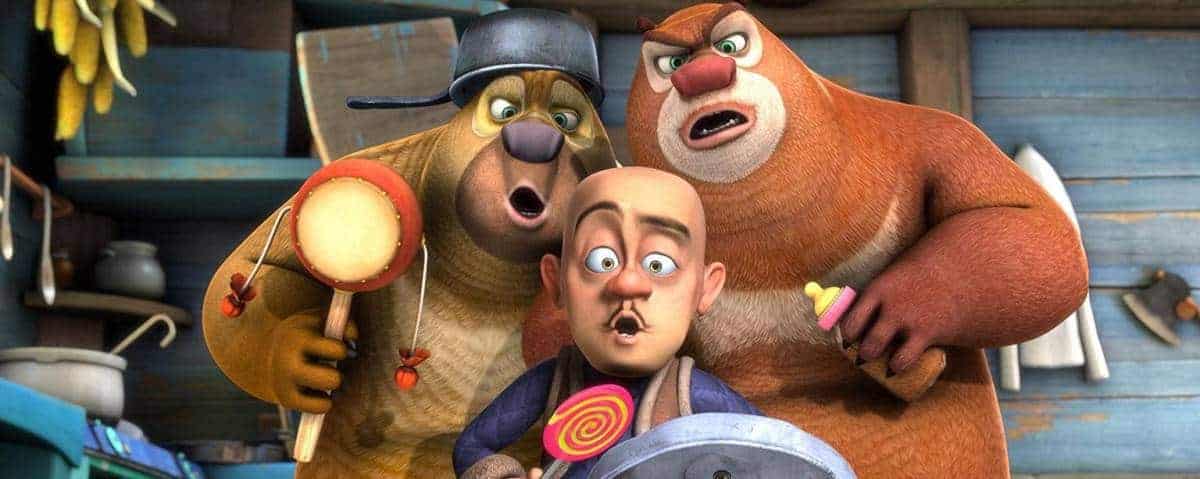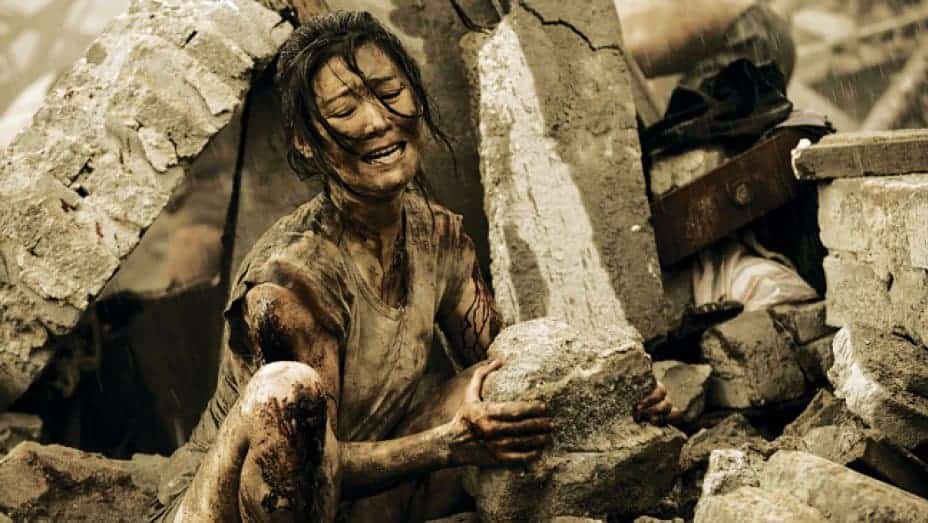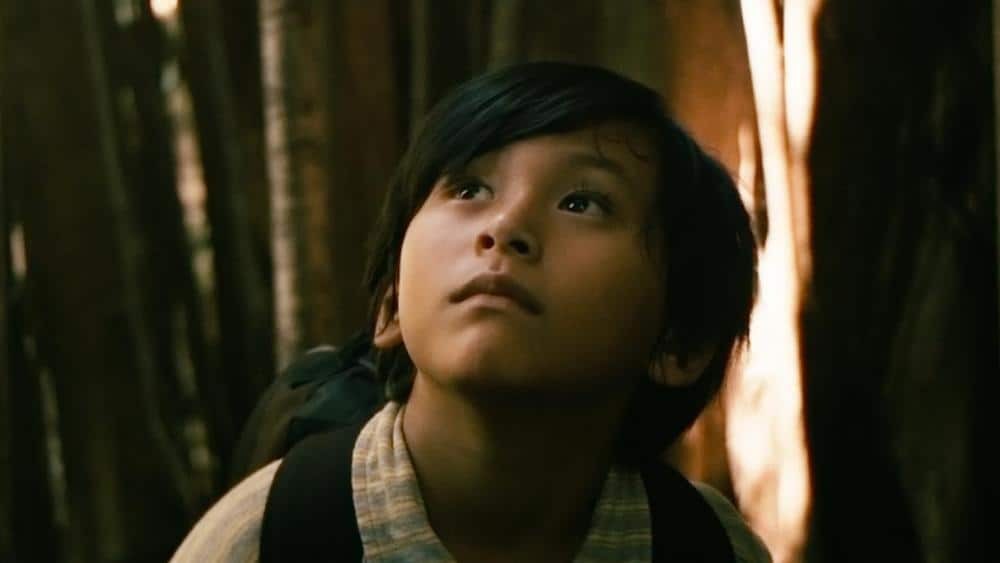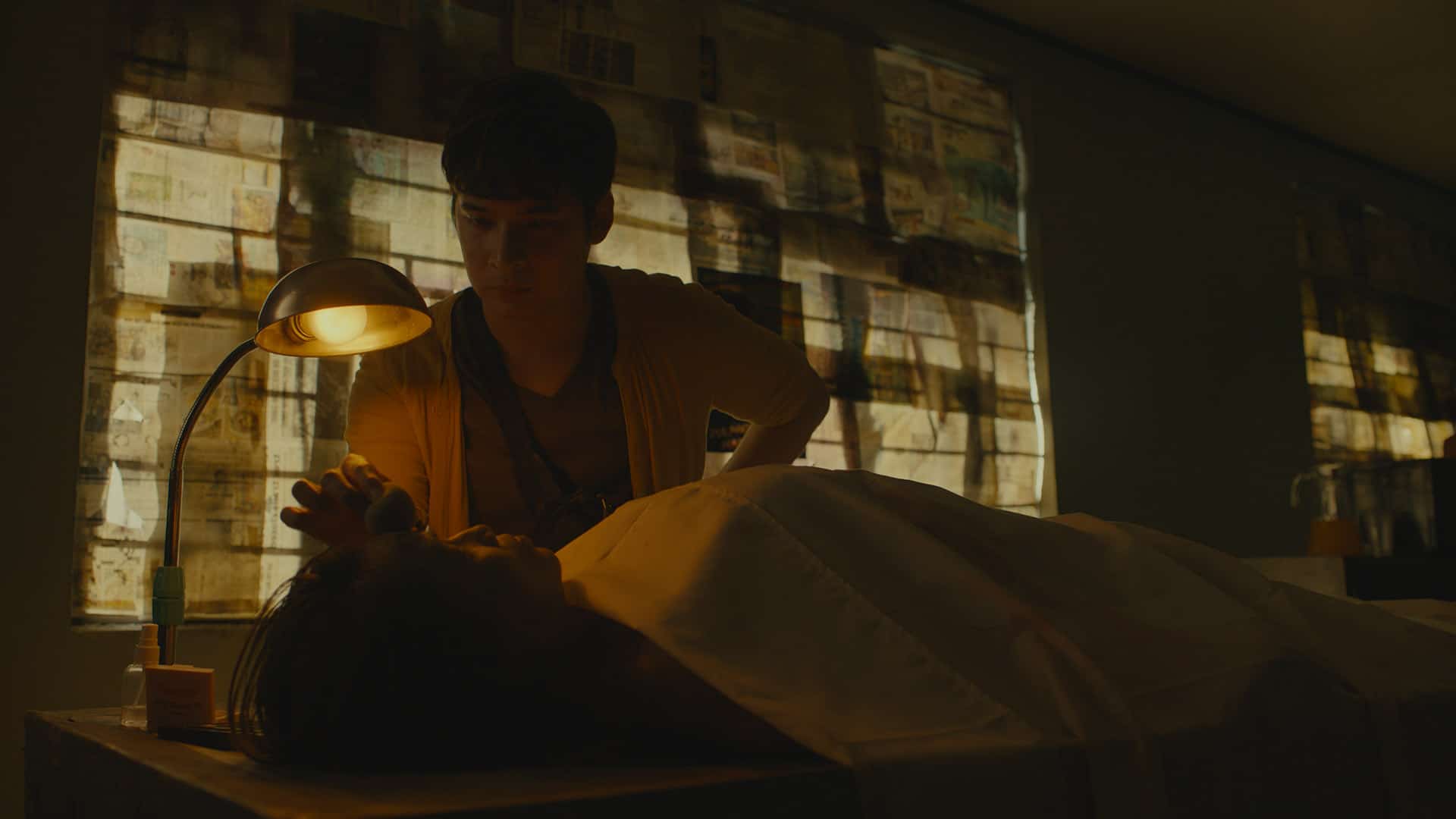As the wave of J-horror was slowly dying down with the last of the US-American remakes making their way to the cinemas, of course, other film industries wanted to get their hands on the commercial opportunities. However, apart from copying the usual formula, adding a creepy, long-haired girl as the monster and relying on the early 2000s skepticism towards modern technology, others wanted to go different ways. One of those examples is Leste Chen's 2005 effort “The Heirloom”, or “Zhai bian” which is its original title, that tells a story defined mostly by the use of an uncanny atmosphere, dread and impressive visuals. Even though the film has its narrative flaws, the overall outcome is quite interesting as it points at a tradition of horror that goes as far back the stories of a family curse, which lie at the heart of “Fall of the House of Usher” and other tales by writer Edgar Allen Poe.
Buy This Title
The story begins with James (Jason Chang), a young architect who has studied abroad for many years, returning to his home country of Taiwan. After the death of a family member he has inherited a big, but rather dilapidated house, where he decides to stay for good. His friends support his wish to move back to Taipei, especially his old flame Yo (Terri Kwan), who, despite her original plans of also going abroad for some time, eventually moves in with James.
However, the state of the house is not the only problem, as the young couple soon finds out as their friends start disappearing inside it, only to turn up again in the middle of the night with no idea what has happened. As events become increasingly bizarre, Yo decides to investigate further into the history of James' family and the house itself, uncovering how his ancestors have used it as a place for a ritual of dark magic which would grant them riches and health. Eventually they brought a powerful ghost to the real world, a vengeful spirit which now haunts the inhabitants of the house and is out to get the remaining member of the family.
Essentially “The Heirloom” tells a story about family, relationships and uncovering the truth about one's heritage, which is how director Leste Chen describes his movie in the making-of feature included in the European release. Besides the backstory revolving around James and his family, Dorian Li's script also establishes the connection between the four friends, a surrogate family to James, if you will. Interestingly, while James seems to be somewhat inactive, accepting the family's heritage, the good and the bad sides to a certain extent, it is mostly Terri Kwan's character who is the one investigating and mostly affected by the strange visions of people who have died from hanging.
Overall, “The Heirloom” relies on a slow build-up rather than jump-scares, which results in an atmosphere of dread and subtle terror. Besides Dorian Li's script, this should also be accredited to Pung-Leung Kwan's cinematography, which is easily the best asset of the movie. Although the reliance on screen distortion signifying flashbacks or visions of the past is a bit annoying and often destroys what could have been a great image, the times the image is clear, it emphasizes the careful framing, the understanding of the architecture of a room and the overall visual concept that harks back at the high points within the “haunted house” subgenre, such as “The Innocents” or “The Amityville Horror” (1979).
Nevertheless, the various blend of sub-genres and the convoluted narrative define a heavy burden for Leste Chen's movie which never goes beyond the aforementioned atmosphere of dread. Even the ending feels somewhat anti-climatic and fails to convince.
In the end, “The Heirloom” is an overall mediocre horror film, a blend of many sub-genres which cannot decide what exactly it wants to be. Aside from the overly complicated narrative, it is mostly the images of Leste Chen's film that stay with the viewer, establishing the nostalgic elegance of the location, combined with a growing sense of dread.


